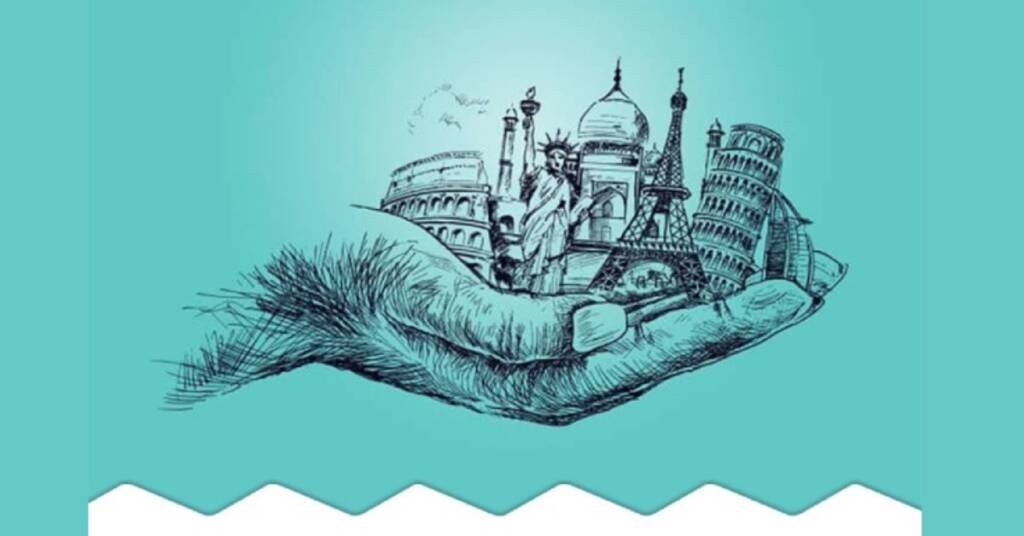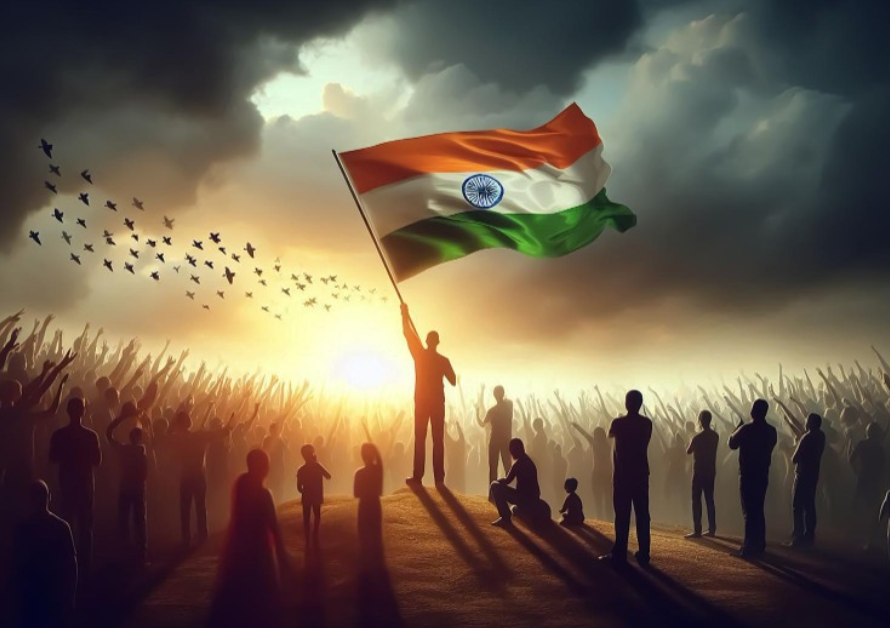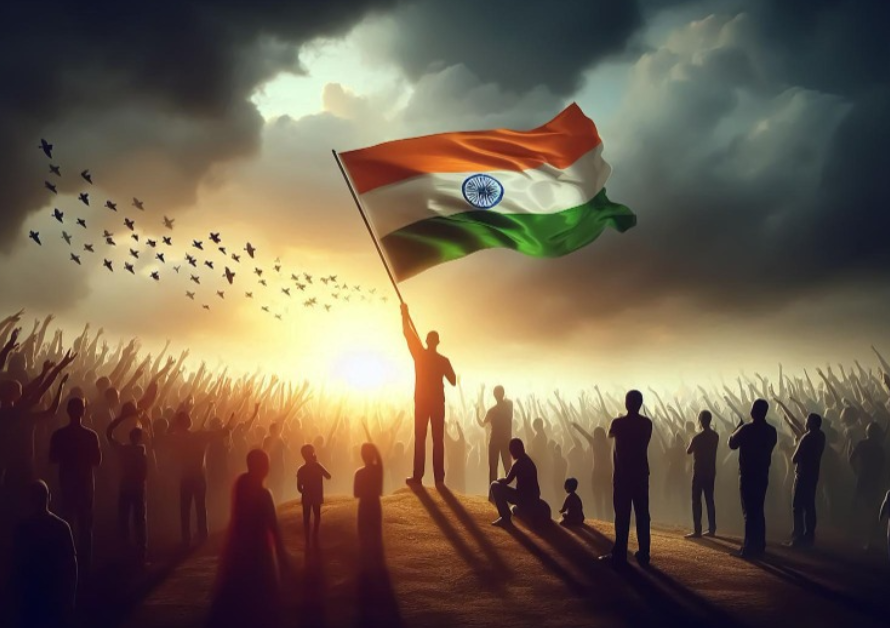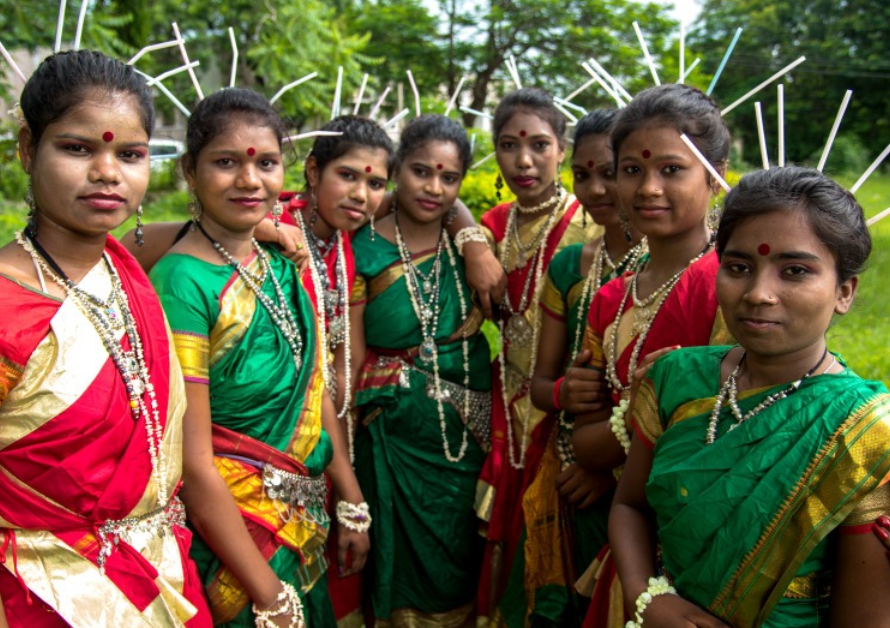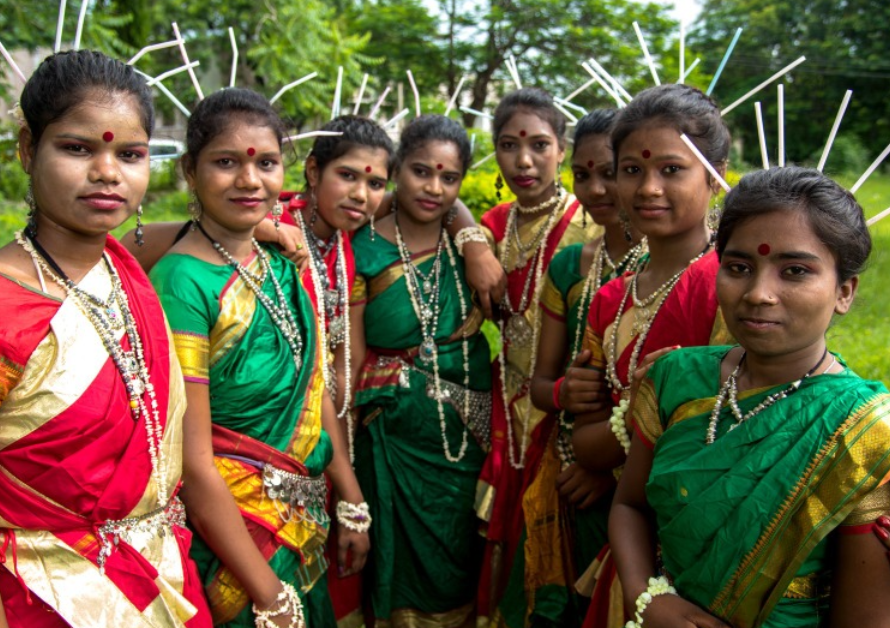India, a land that has flourished under the principles of Sanatana Dharma, now stands at a crossroads. Ironically, the majority community of Hindus, who constitute nearly 80% of the population, find themselves struggling to assert their identity, protect their cultural heritage, and ensure their socio-political influence in their own country. The scenario echoes the plight of minority communities in foreign lands.
What Has Led to This Paradoxical Situation?
Why are Hindus in India grappling with challenges typically faced by minorities elsewhere? This narrative explores the reasons behind this alarming reality, sheds light on historical lessons, and proposes a roadmap for a united and progressive India.
The Current Crisis: Hindus in Their Own Land
1. Lack of Unity Among Hindus
One of the fundamental reasons for this crisis is the internal disunity among Hindus, exacerbated by:
- Caste and Community Divisions: For decades, political parties, especially Congress, have leveraged caste-based identities to fragment the Hindu vote bank. Instead of focusing on shared spiritual and cultural values, Hindus have been divided along caste lines, which has diluted their collective political power.
- Regional and Linguistic Fragmentation: Differences in language and regional identities have further divided the Hindu community, creating barriers to unified action and solidarity.
2. Misplaced Priorities and Misapplication of Ideals
The ideals of secularism, equality, and humanity—noble as they are—have been selectively applied, often to the detriment of Hindus.
- Selective Secularism: Hindus are taught to prioritize tolerance and non-violence, while these principles are absent in the education imparted in madrassas, where students are often indoctrinated with extremist ideologies.
- Overemphasis on Non-violence: Hinduism’s teachings on peace and forgiveness are overemphasized in public discourse, overshadowing its call for righteous action (dharma yuddha) as emphasized by Lord Krishna in the Bhagavad Gita.
3. Political Manipulation and Historical Neglect
For decades, Congress-led governments have pursued policies of minority appeasement, sidelining Hindu concerns. Key examples include:
- Appeasement Policies: Special privileges granted to minorities under the guise of secularism have created resentment and weakened Hindu confidence.
- Vote-bank Politics: Opposition parties have consistently used Muslims as a vote bank, fostering a sense of entitlement among some sections of the minority community while alienating Hindus.
The Broader Context: Historical Lessons
1. Historical Divisions and Their Consequences
India’s history provides several warnings about the dangers of Hindu disunity:
- Islamic Invasions: From the early medieval period, internal divisions among Indian rulers allowed foreign invaders to conquer vast swathes of the subcontinent.
- Partition of India: The creation of Pakistan in 1947, with its devastating impact on millions of Hindus and Sikhs, was a direct result of political appeasement and communal divisions.
2. Conversion and Demographic Threats
- Religious Conversion: Christian missionaries have targeted underprivileged communities with financial incentives, while radical Islamists have used coercion and fear to convert Hindus.
- Population Growth: The higher growth rate among Muslim communities, coupled with declining Hindu birth rates, poses a demographic challenge. States like Kerala and West Bengal already show alarming trends of Hindu decline.
The Role of BJP in Transforming India
1. Economic Resurgence
Under Narendra Modi’s leadership, India has witnessed remarkable economic growth:
- Global Economic Standing: India is now the fifth-largest economy in the world and is steadily advancing towards becoming the third-largest.
- Infrastructure Development: From highways to airports, the BJP government has prioritized nation-building at an unprecedented scale.
2. Cultural Revival
- Restoration of Pride: The revocation of Article 370 and the construction of the Ram Mandir in Ayodhya are landmark achievements that symbolize the resurgence of Hindu pride.
- Protection of Heritage: The BJP has worked to preserve and promote India’s cultural and spiritual legacy, which had been neglected for decades.
3. Global Recognition
India’s global standing has improved significantly under the BJP:
- Diplomatic Influence: India is now a respected player on the world stage, with a strong voice in global forums like the G20 and the United Nations.
- Strategic Partnerships: The government has strengthened ties with powerful nations, ensuring India’s security and economic growth.
The Path Forward: What Hindus Must Do
1. Overcoming Internal Divisions
- Unity Over Diversity: Hindus must prioritize their collective identity over caste, community, and regional differences.
- Reclaiming Shared Values: Emphasize the principles of dharma, karma, and unity to build a cohesive community.
2. Strengthening Democratic Participation
- Increase Voter Turnout: Hindus must emulate the high voter turnout of Muslims, who often vote as a unified bloc. A divided Hindu vote only benefits anti-national and anti-Hindu forces.
- Support Pro-Nationalist Parties: Hindus must consolidate their votes behind parties like the BJP that prioritize national and cultural interests.
3. Investing in Education and Awareness
- Reform Education: Introduce a balanced curriculum that teaches the importance of both peace and righteous action, ensuring younger generations understand the principles of Sanatana Dharma.
- Counter Propaganda: Actively combat misinformation spread by opposition parties and extremist groups.
4. Supporting Leadership
- Mandate for Change: Hindus must give BJP an overwhelming mandate to implement reforms without opposition obstacles.
- Faith and Patience: Reversing decades of damage takes time. Hindus must trust Modi’s leadership and remain patient as the country progresses.
A Warning: The Cost of Inaction
If Hindus fail to unite and act decisively, India risks becoming an Islamic state within a few decades. This would bring:
- Loss of Secularism: Islamic dominance would end India’s pluralistic traditions.
- Economic and Social Decline: Examples like Pakistan and Afghanistan show how nations under radical rule struggle with poverty, violence, and instability.
Alternatively, a united Hindu community can ensure India remains a democratic, prosperous, and culturally rich nation—a global leader and a beacon of hope for the world.
The Final Call
India’s future rests in the hands of its people. Hindus must rise above personal and regional interests to focus on collective goals. They must prioritize the preservation of their culture, religion, and nation over temporary political gains.
“Arise, Awake, and Stop Not Till the Goal is Reached.” – Swami Vivekananda
Let us heed this call, unite, and act decisively to protect our nation, culture, and future.
Jai Bharat! Jai Hind!
join our WhatsApp group, please click here.

